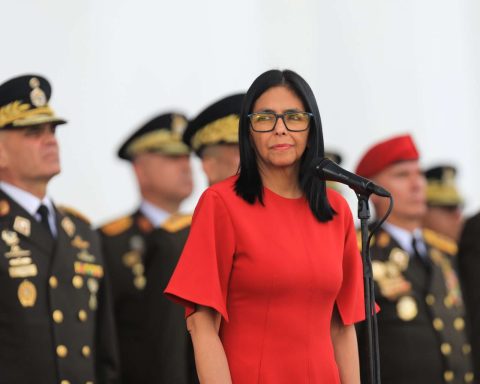Iván Evair Saldaña
La Jornada Newspaper
Friday, October 11, 2024, p. 5
The plenary session of the Supreme Court of Justice of the Nation (SCJN) entered into conflict this Thursday over the rule of minimum votes that must be applied to approve or invalidate regulations through unconstitutionality actions based on the new judicial reform, which caused an intense debate between ministers that did not reach a resolution.
The controversy arose when there was one vote missing from the eight that the plenary session applied to achieve a qualified majority, when voting on an unconstitutionality action that would invalidate provisions of revenue laws of municipalities of Coahuila.
The debate revolved around whether they maintain the rule of making a qualified majority with eight ministers or with six, since the reform of the Judicial Branch of the Federation (PJF) decreased from 11 to nine members of the plenary session. Minister Alfredo Gutiérrez Ortiz Mena opened the debate.
Is he being dismissed for not getting eight votes? Based on which article we are taking eight votes as a voting requirement to declare the invalidity of a rule. It’s doubt. In the constitutional text I do not find a requirement of eight votes
,
That’s how it is
responded the agreements secretary.
Minister Gutiérrez refuted that the Constitution no longer establishes the requirement of eight votes, but Minister Alberto Pérez Dayán defended that as long as the Court has 11 members, eight votes must be cast in unconstitutionality actions.
Lenia Batres Guadarrama and Loretta Ortiz Ahlf recognized that there is a legal loophole
until the secondary laws that clarify the point are ready.
Batres Guadarrama mentioned that a consistent criterion must be taken, since the reform disappeared the two chambers of the Court, but the plenary session made the decision that they continue operating until there is a new formation of ministers elected by popular vote.
Minister Jorge Mario Pardo Rebolledo agreed that as long as the Court remains at 11 members, eight votes will be necessary for the qualified majority.
Although the majority voted in favor of maintaining the current rule for qualified majority, there was no final agreement. Minister Margarita Ríos Farjat suggested reviewing the issue again next Monday, but the Plenary agreed to return and settle the matter until a similar problem arises again.
Faced with the debate, Minister Pérez Dayán changed the meaning of his initial vote, by which eight votes were reached to invalidate the Coahuila norm.
















